 We are a violent species. When I said such on social media a few weeks back, a friend commented that I was wrong. Humanity isn’t violent. Our innate tendencies are to share and to love and to be compassionate, and he cited cultures that had little or no contact with the modern world as examples of what might happen if we are left to reside in our “natural” state. Violence, he said, was a result of the Military Industrial Complex’s marriage with Capitalism that has created a world of scarcity where none previously existed. When resources are hard to come by, people will fight over them.
We are a violent species. When I said such on social media a few weeks back, a friend commented that I was wrong. Humanity isn’t violent. Our innate tendencies are to share and to love and to be compassionate, and he cited cultures that had little or no contact with the modern world as examples of what might happen if we are left to reside in our “natural” state. Violence, he said, was a result of the Military Industrial Complex’s marriage with Capitalism that has created a world of scarcity where none previously existed. When resources are hard to come by, people will fight over them.
I didn’t buy his argument — entirely. While I do think that capitalism makes us think of other human beings not as people to share with but resources to exploit and control, to see our fellow humans as prey and not as companions, I don’t think our tendencies toward violence begin there. Before capitalism, there was still war. True, in times of plenty there is less war. But violence returns inevitably. It’s as if we are reenacting a great drama, one we learned as children from our parents, who learned it from their parents, who learned from theirs, etc., etc.. going back countless generations.
I’ve been reading a lot of Alice Miller, the late great German psychotherapist, and she posited that there is a repeating pattern to child abuse that go something like this:
- To be hurt as a small child without anyone recognizing the situation as such
- To fail to react to the resulting suffering with anger
- To show gratitude for what are supposed to be good intentions
- To forget everything
- To discharge the stored-up anger onto others in adulthood or direct it against oneself
Often times, under the guise of “child rearing” or “doing what’s best for the child” or “making sure the child is not spoiled” parents unwittingly reenact the abuse of their own childhood. Before, they were helpless victims, afraid, withdrawn, full of rage, but now they are in the position of total power. And rather than recognize those feelings now erupting in their own children, they literally beat them down, disavowing the uncomfortable emotions and repressing the memories of the trauma they themselves have undergone. The painful emotions (of the parent) are therefore contained (albeit with severe consequences) and the child, who has no wisdom from which to understand her experience, represses the painful emotions until she either has children of her own to repeat the abuse or grows up to become a severely contained, self-critical individual, full of neuroses.
Alice Miller makes the case for this pattern causing great harm in history by citing German child-rearing books of the early 20th century and through various quotes and memoirs from members of the Third Reich, including Hitler himself. How, people have asked, could an entire nation so coldly send millions of children to their deaths? In the same way these adults were “murdered” themselves as children, when in their youth they were denied their natural feelings and were forced to submit to the will of the parents through humiliation, neglect, and violence. Thus the child learns that obedience is the only path to safety. But it comes at great cost. The child’s true, vital self has died. So how could these repressed adults feel anything when millions of children were murdered in the Holocaust? To feel empathy would mean acknowledging their own “death” at the hands of their parents, an emotional impossibility, because it would mean owning all those horrific emotions they were forced to suppress at the cost of survival. So instead of feeling all those ugly, grotesque, horrific feelings of being beaten, rejected, criticized and “corrected” for being themselves, they project their uncomfortable feelings onto the “other” and punish them. In child-rearing, this other is the helpless child. In WWII Germany, this other was the Jews.
The Other has many names today: Radical Islam, the Great Satan, Jews, Blacks, Gays, the Patriarchy, Feminism, the Police State, I could go on….
In other words, this cycle of violence isn’t restricted to Germany in the past. Consider what Alice Miller says about terrorism, which I feel is utterly relevant today:
When terrorists take innocent women and children hostage in the service of a grand and idealistic cause, are they really doing anything different from what was once done to them? When they were little children full of vitality, their parents had offered them up as sacrifices to a grand pedagogic purpose, to lofty religious values, with the feeling of performing a great and good deed. Since these young people never were allowed to trust their own feelings, they continue to suppress them for ideological reasons. These intelligent and often very sensitive people, who had once been sacrificed to a “higher” morality, sacrifice themselves as adults to another — often opposite — ideology, in whose service they allow their inmost selves to be completely dominated, as has been the case in their childhood.
We can come to understand the brutal and cold way in which terrorists slaughter innocents once we see that it was the terrorist himself who was the first victim, when his natural tendencies were suppressed in order to instill the violent ideology of his parents. This then makes the anti-semitic “Farfour the Mouse” much more understandable, as does the images of Israeli children signing missiles before they were to be lofted into Lebanon. How Hamas can launch missiles from schools and hospitals and how Israelis can watch the bombs fall with beach chairs and beer. These people have suffered greatly at the hands of a more powerful force — their parents, when they were forced at a young age to suppress their natural vitality and succumb to the ideology. And when these repressed children reach adulthood, rather than acknowledge the abuse they received (the indoctrination, the suppression of feelings), they project their rage onto the other: Jews or Arabs or the closest target. In order that these emotions remain hidden and projected away, they must repress any alternate view in their children. They must help them to hate the “other” too. The cycle continues.
This is why there is no peace in the Middle East. It has nothing to do with land, only with trauma.
Consider the right-wing in the United States, the demographic that watches Fox News and espouses Libertarianism and Ayn Rand quotes. Their philosophy is one of hawkish militarism, of “rugged individualism,” an M.O. that says, “I toughed it out, worked hard, and got where I am by sheer will.” It begins to make sense why such people would rail against universal healthcare (something seen as evil) or any form of welfare (seen as a drain on the system), why they are anti-immigrant and anti-persons of color (i.e. racist), and why, though they profess to be anti-government, they are often the most arduous backers of government once a sufficient representative is in power (e.g. George Bush.) I am certain that in their childhood these right-wing ideologues were abused: their natural, vital emotions were stifled and they were taught to be “self-sufficient” and “independent” (read: abandoned emotionally, forced to repress their natural childhood emotions). Their parents were violent towards them, shamed and humiliated them for having natural feelings, they were unforgiving of mistakes and made sure that the child submitted to the “correct” and “moral” will of the adult. A child subjected to such trauma will repress and forget it in order to survive. As an adult, these individuals will not consciously realize that they have suffered and were left to survive on their own. They may even praise their parents as exemplars of good “child-rearing” To acknowledge their own pain would mean undoing the narrative that they have constructed for themselves and unlocking the painful and horrific memories. Instead, they project those uncomfortable feelings onto the Other. It is the blacks who are violent (not the abusing parent). It is immigrants who are draining the system (the child was not given any help, so why should the adult help another?). Militarism is always an acceptable solution for political problems (because problems in the child’s household were often met with violence, which quelled any further discussion.) The leader who is right must be obeyed (because the parents must be obeyed, or else.)
Alice Miller further elaborates on this:
Every ideology offers its adherents the opportunity to discharge their pent-up affect collectively while retaining the idealized primary object, which is transferred to new leader figures or to the group in order to make up of a lack of satisfying symbiosis with the mother. Idealization of a narcissistically cathected group guarantees collective grandiosity. Since every ideology provides a scapegoat outside the confines of its own splendid group, the weak and scorned child who is part of the total self but has been split off and never acknowledged can now be openly scorned and assailed in this scapegoat.
Consider the increasing amount of gun violence in the United States, especially in schools. How, we ask, can a teenager walk into a school and slaughter dozens of children, or even children he’s never met? The answer is always: projection. Rather than acknowledge the too painful feelings of his own abuse, the perpetrator projects his hate and rage onto others. I wonder if a collective study ever been done on the childhoods of these mass murderers. I would bet that invariably, behind the facade of the normal home everyone pretends to see, there is a history of abuse. But because most people have been abused in one form or another by their parents, most people will see only the facade (“He was such a nice kid. I don’t understand how he could have done this.”) Acknowledging the abuse means acknowledging one’s own abuse. But this is too often repressed.
And so the cycle goes on…
There are an enormous number of activists groups all over the world working to make this planet a better place for all. They fight for human rights, housing, health care, the environment. But I am beginning to believe they are like a farmer trying to remove an invasive Kudzu weed one leaf at a time. To remove the destructive plant, one must destroy it at its root. Human violence, toward the environment, toward animals, toward other humans, if it ever is to be eradicated, must be stopped at its source: the abuse of children. How we might stop this abuse on a large scale, I don’t yet know. The risk in trying to stop these abuses is that we become militant and abusive ourselves in the policing of them. But I do believe that awareness of the cycle is the first step. I believe that if we are to collectively build a better planet we first must acknowledge that child abuse leads to adult violence, and that we ourselves may (and likely) have been abused in such a way that we are ignorant of it. And then we project our hate outward toward the other as a way of keeping ugliness, the pain out of our consciousness. The first step is considering who you hate and who you blame. Do any of your relationships with these hate objects mirror your early experiences?
I realize that my thoughts on this topic are obviously incomplete, and I’m only just beginning to explore this subject, so I welcome any discussion, pro or con to my argument.
* Alice Miller quotes from For Your Own Good, FSG, New York, 1984
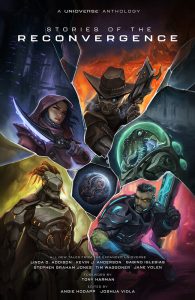



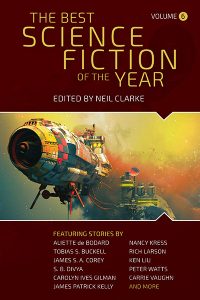


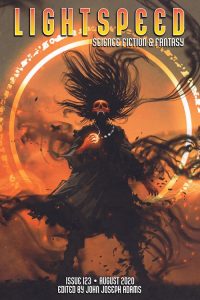
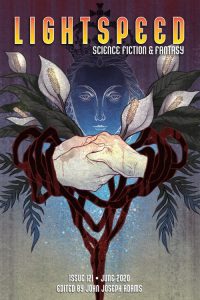
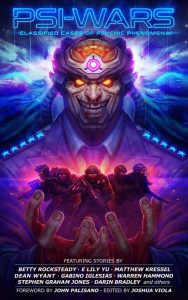


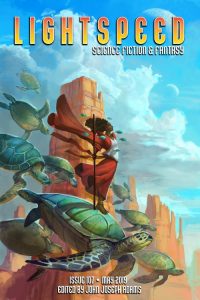

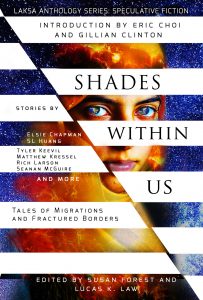
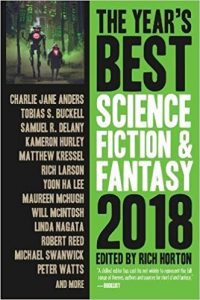
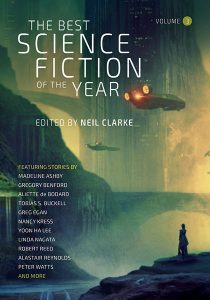


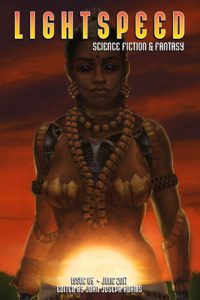

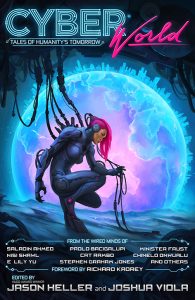



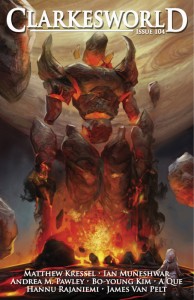



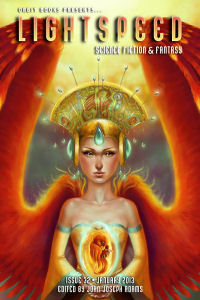
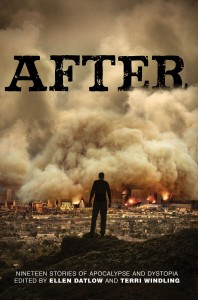
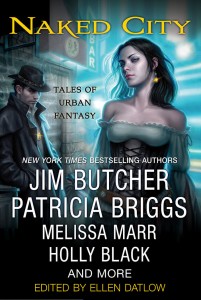


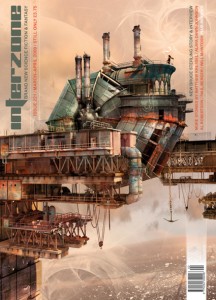
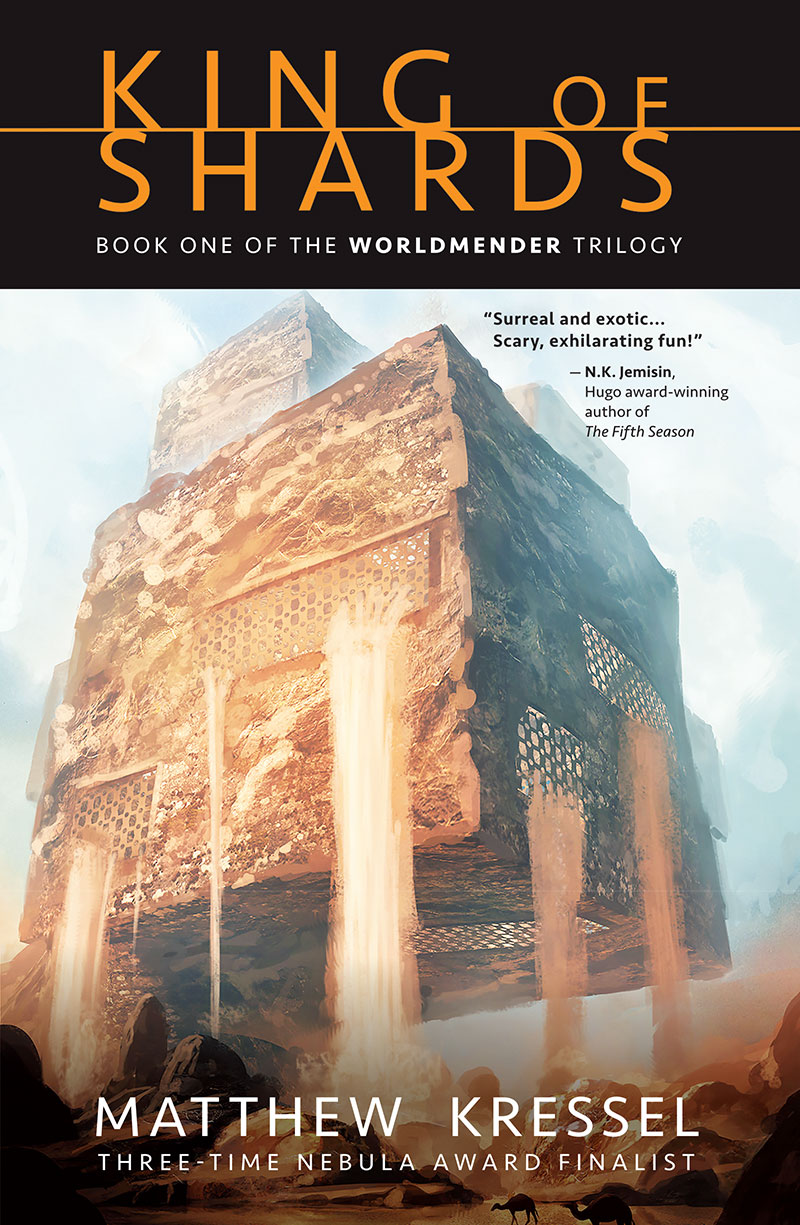
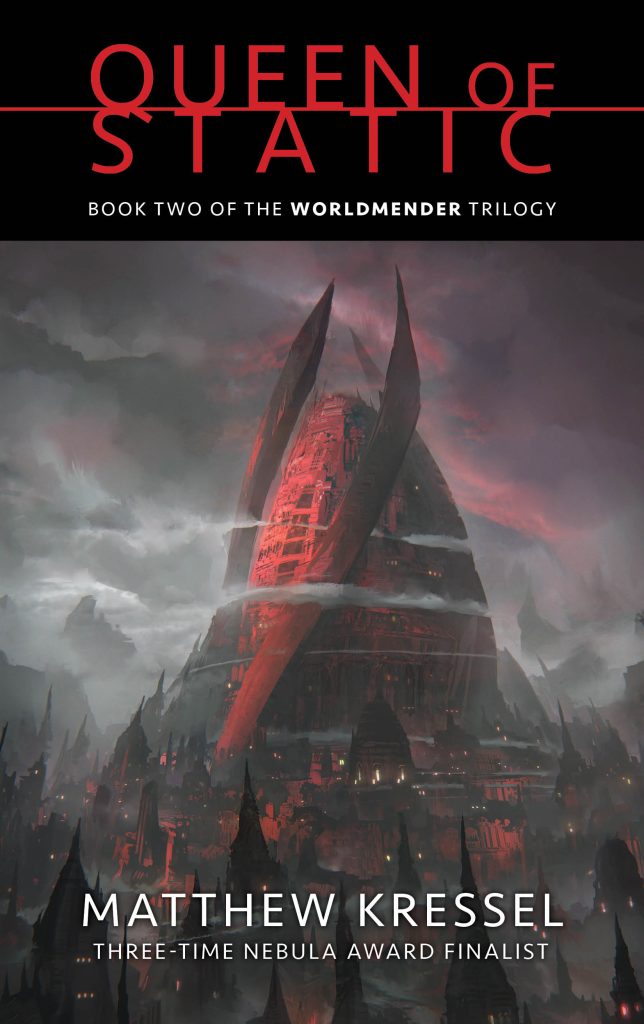

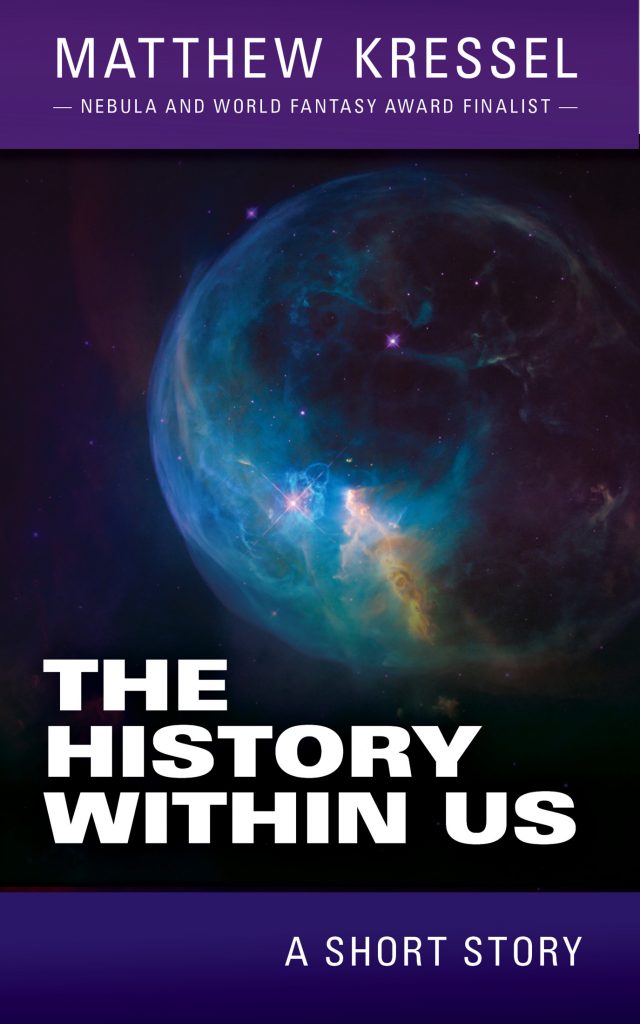
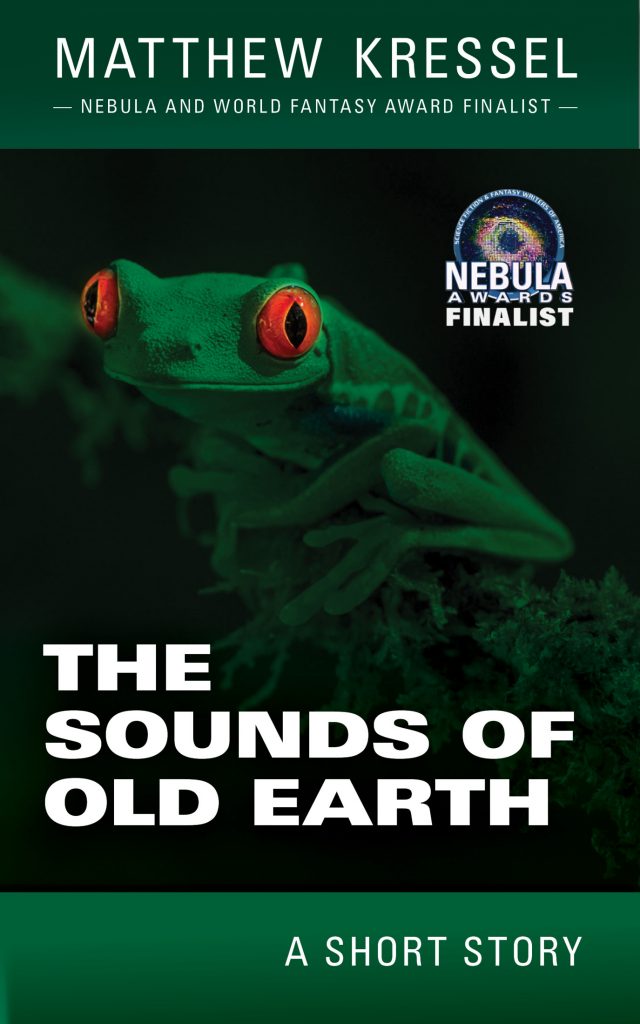
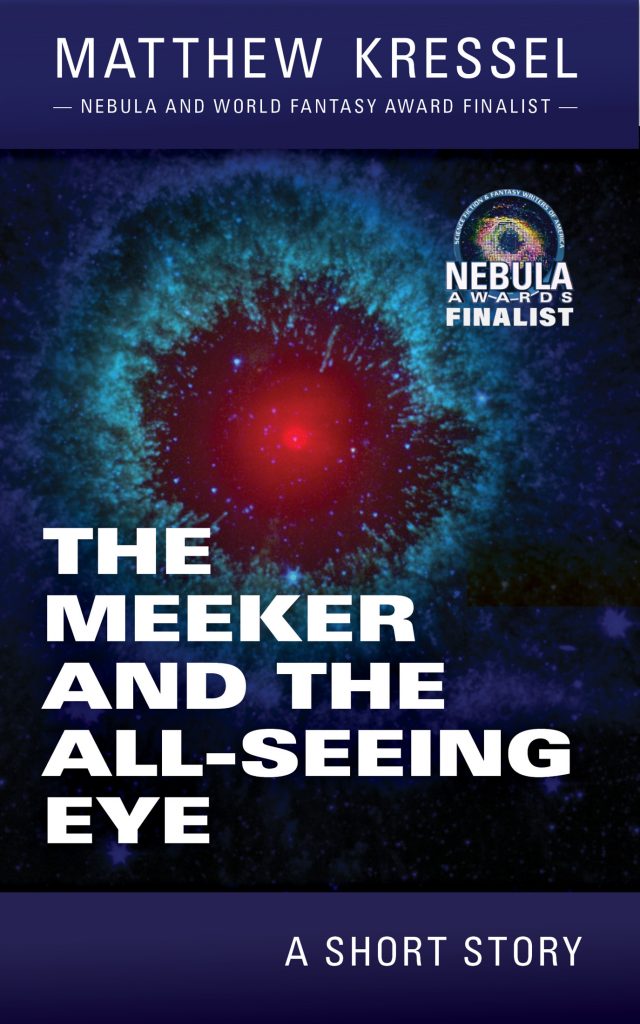
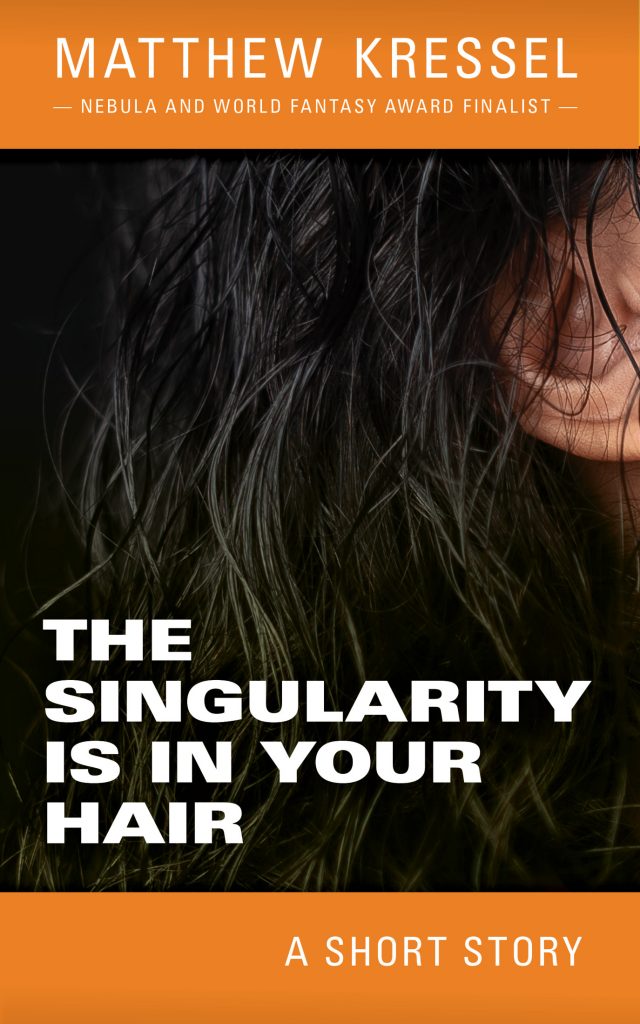
September 8, 2014 at 12:39 pm
Matthew –
I like the line about a farmer removing a kudzu weed one leaf at a time.
We’re an emotional, reactionary species. Whether or not we’ll evolve from this is uncertain.
Also, I do know that preventive medicine is always superior to band-aid medicine. It’s cheaper, less labor intensive, and always more effective. I think we can apply this to our violent nature. This of course brings us back to your point about indoctrinating youth.
Unfortunately much of the youth across the United States are taught that guns are okay, that killing animals for fun is okay and “manly”. Those that are not taught to kill from an early age are besieged by violence on television. Children are taught right from the start that a severed head on CSI: Newark is okay, but a briefly exposed breast is somehow wrong. Above all, these puritanical beliefs are the leading cause, IMHO, of our continued hyper-aggressive nature.
The combination of shame (nudity is bad) fear (you’ll burn for your sins!) and the hero worship of inanimate objects (guns) all create a repressed, anxious mindset that allows for generational violence.
September 8, 2014 at 1:33 pm
I often wonder if those who feel the need to carry guns everywhere they go, i.e Open Carry, are really trying to protect themselves from violence that happened long in the past, but don’t have the psychological awareness to see this. I don’t think it’s necessarily cowards who need to carry guns, as some suggest, but people who are responding to a very real fear. The problem is they are reacting to something that is in their psychological past and they will never be able to protect themselves from it, since it already happened. A man who feels the need to carry a gun has an innate fear of being powerless. Where did this fear come from? Probably their childhood.
September 9, 2014 at 12:46 pm
This is interesting.I didn’t know about Alice Miller’s work. I want to check it out.
From what I read, the first question I have is whether her ideas are, or can be, linked to a falsifiable hypothesis. I ask because her idea of how kids should be raised is very much like mine. But I don’t want a theory that just says “things would be perfect if people did things how I do.”
Is there a way to measure the “violence” she describes, especially the non-physical part? Is therea way to connect it to people’s attitudes about war?
Thanks for posting this, it made me think!
September 9, 2014 at 9:59 pm
Jim, that’s an interesting question. It’s a case of synchronicity that I read this passage today further into the book (note that the book was first published in 1980, so I don’t know how accurate her assessment would be today):
“Those who swear by statistical studies and gain their psychological knowledge from those sources will see my efforts to understand the [abused] children Christiane [an example case] and Adolf [Hitler] as unnecessary and irrelevant. They would have to be given statistical proof that a given number of cases of child abuse later produced almost the same number of murderers. This proof cannot be provided, however, for the following reasons:
1. Child abuse usually takes place in secret and often goes undetected. The child conceals and represses these experiences.
2. Although abundant testimony is presented, people can always be found who will substantiate the opposite. Even if the latter evidence is contradictory…it is more likely to be given credence than the child is, because this helps to protect the parents.
3. So far, the connection between abuse of children and infants and later acts of murder has scarcely been noted by criminologists or even by a majority of psychologists. As a result, little statistical data on the subject have been collected. Relevant studies do exist, however.”